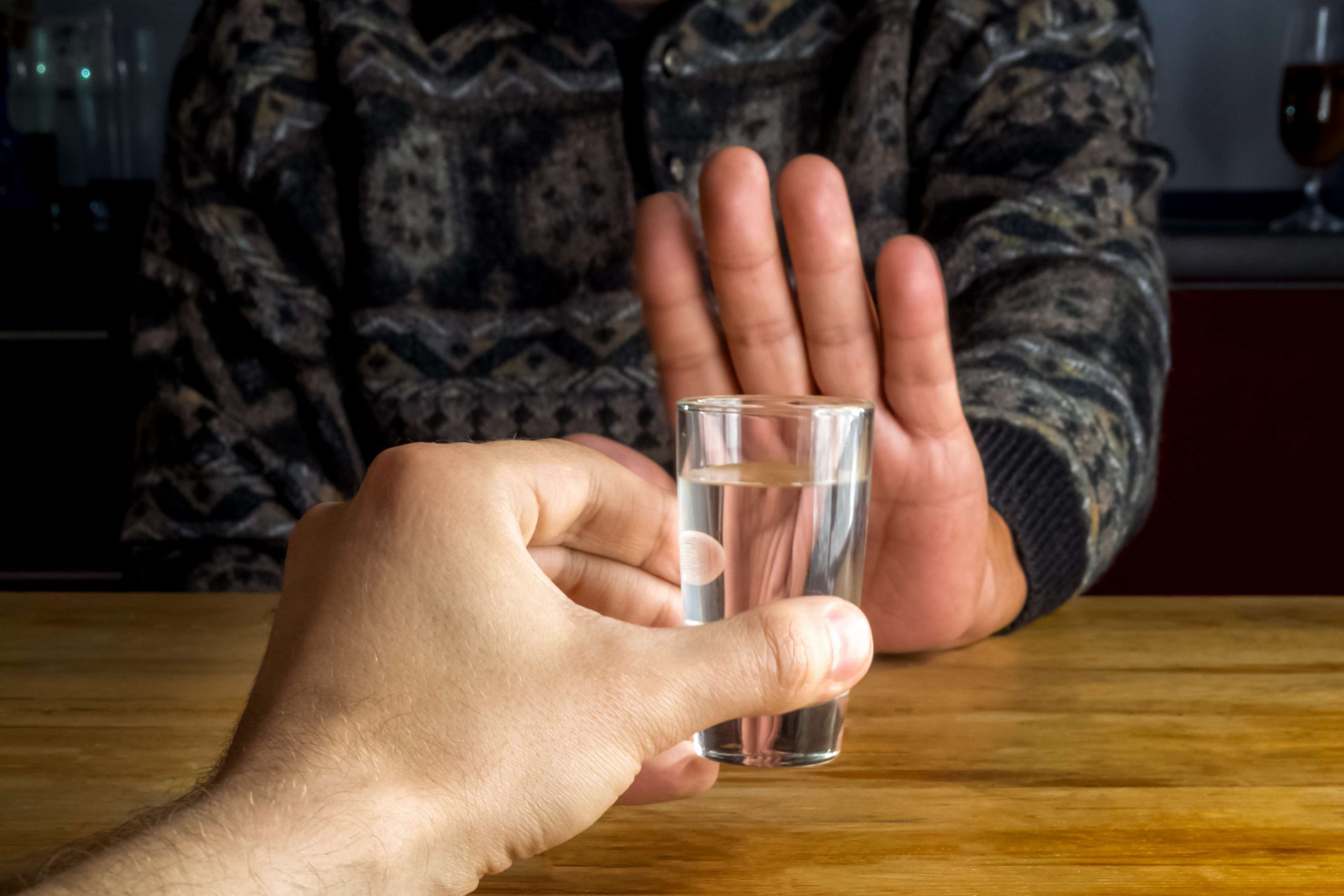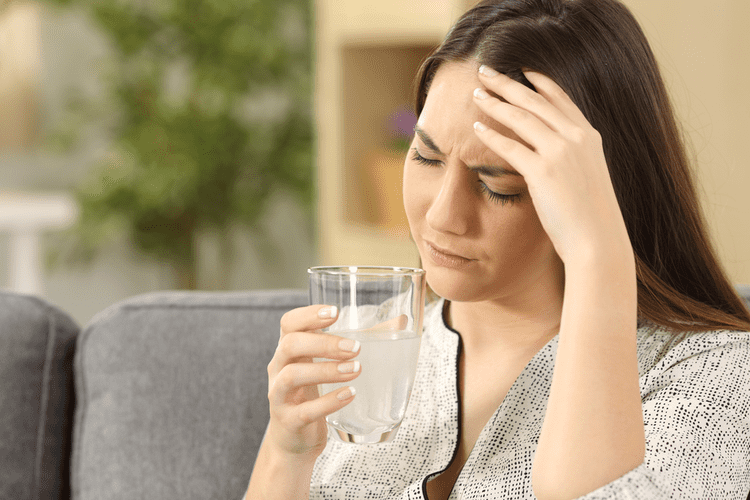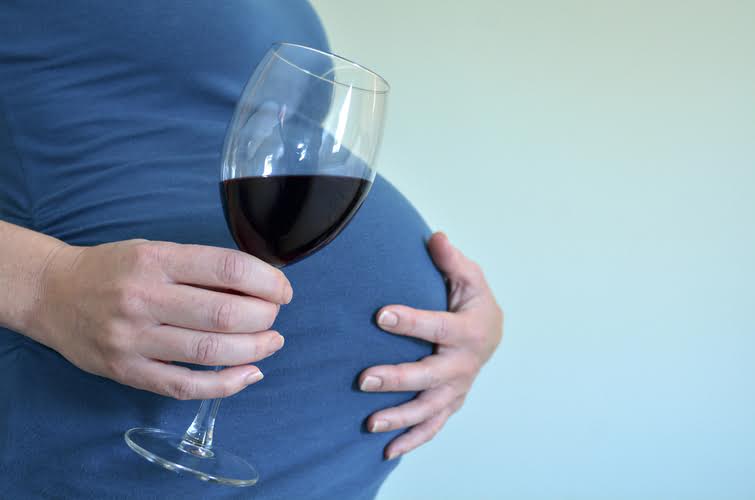They appear almost like the number 6 and the number 9 facing each other. The lotus flower is an important symbol in many religions and cultures. It often sobriety tattoos symbolizes purity (as it remains pure despite arising from dirty waters) and spiritual health (since it grows from the depths of water towards the light). This kind of sobriety tattoo is often going to be done in a traditional style. Of course, you are also free to get a more modernized version of your sobriety tattoo.
Incorporating specific symbols of transformation from one’s recovery or sober living program can further personalize this type of tattoo. Emblems of sober living communities, for example, can serve as a reminder of the environment and support system that provided the foundation for this new chapter. By intertwining these elements into the design, the tattoo becomes a composite symbol of the individual’s journey and the collective strength found within the recovery community. For those who have battled and continue to fight addiction, identifying as warriors is not far from the truth. Tattoos that celebrate this warrior spirit, focusing on resilience and strength, are potent emblems of an individual’s courage and determination to overcome substance use disorders.
National Recovery + Wellness Month
This partnership ensures that your final design accurately represents your journey, creating a beautiful piece of art. While embracing symbols like the serenity prayer can be an important moment and way to offer personal reminders, they are also often public statements as well. Consider placement and whether it is an easily translated symbol when deciding on a design as well. For those unfamiliar with its significance, the 2% tattoo refers to the statistic that only 2% of people who struggle with addiction can achieve long-term sobriety. It serves as a constant reminder of one’s journey toward recovery and serves as a beacon of hope for others still trapped in the grips of addiction. It is an empowering symbol that encourages individuals in recovery to embrace their past struggles while embracing their newfound freedom.

Sometimes It Helps To Have Motivational Reminders Around… What Better Way Than A Visual Reminder In A Tattoo.
- To someone looking in from outside the realms of substance abuse, the face of addiction recovery might appear somewhat odd, being filled with slogans, chants, symbols, and prayers.
- In terms of sobriety, the Yang symbol may represent the balance sought between the tough times of addiction (the darker side) and the journey toward a sober life (the lighter side).
- There are several tattoos that can represent the exact point in time that a person made the life-changing decision to become sober.
- Whether you choose traditional recovery symbols or create unique designs, your tattoo becomes part of your personal story of transformation and hope.
- These three words are common tattoos or symbols in the drug recovery community.
Tattoos acquired during the recovery process often embody the transformative experiences of the individual. They can represent the shedding of a previous life dominated by substance use disorders and the emergence of a new, healthier self. Each design serves as a visual narrative of the wearer’s resilience and their journey towards healing and recovery. This art form becomes a way to heal scars of the past, covering marks of previous struggles with symbols of strength and renewal. As individuals progress in their sobriety, these designs serve as daily reminders of where they have been and the brighter path they now walk.
Double Triangle Tattoo Designs With Meaning
Before you go walking into your local tattoo parlor, it’s worth taking some time to weigh the pros and cons of this long-lasting decision. Though tattoos themselves are losing their stigma and can be found on people from virtually any age group or walk of life, recovery is unfortunately still largely stigmatized. If so, it could actually serve to increase your guilt – which, by the way, is a major driver of addiction. Consider this seriously before you take the plunge.Many people find themselves wanting tattoos in early sobriety, but there are a few potential drawbacks to this.
- The clock is used to document the exact time you made the choice to fight your addiction.
- These are usually inked on biceps, chests, forearms, or even thighs.
- As a sobriety symbol, the lotus flower embodies transformation, resilience, and inner growth.
No matter the design, these tattoos serve as a constant reminder of the journey you’ve embarked on and the strength you’ve shown. So let’s dive into some of the top sobriety tattoo ideas out there. Anything that provides a meaningful reminder to someone about their recovery and the impact of staying sober counts as a recovery symbol. Nonetheless, the addiction recovery community has developed some common drug recovery symbols to celebrate sobriety.
Perfect for anyone seeking recovery tattoos to mark their progress or recovery tattoo ideas that embody the fight against addiction. This sobriety tattoo features the Serenity Prayer in elegant script along the side of the torso, symbolizing the wearer’s commitment to recovery and personal strength. Perfect for those seeking recovery tattoo ideas, it serves as a daily reminder of their journey and the serenity, courage, and wisdom it takes to live a sober life. This design showcases a classic sobriety tattoo featuring a robust triangle encircled within a circle, both elements prominent in recovery symbolism.
Serenity Prayer: Inspiring Sobriety Tattoo for Recovery Journey

Such sobriety tattoos aren’t just great for you, they can also be a wonderful encouragement to others in a similar position. So, for this purpose, you can get such small sobriety tattoos in an area visible to others. So, if you are https://www.natastampa.it/2025/07/09/alcohol-misuse-vs-abuse-how-to-tell-the-difference-2/ someone who has faith, then you may want to consider adding other religious symbology to such sobriety tattoos.
These tattoos can vary widely in design, from dates and numbers that represent years or months of sobriety to symbols or icons that have personal significance to the individual’s journey. Incorporating elements that reflect growth, resilience, and perseverance reminds those in recovery of their strength and the positive changes that have ensued since choosing sobriety. Each milestone tattoo serves as a badge of honor and a motivational reminder of the victories achieved and those yet to come. This simple anchor sobriety tattoo with the phrase “I refuse to sink” symbolizes steadfastness and hope amid recovery. Perfect for someone looking for meaningful recovery tattoo ideas that express their dedication to stay afloat during tough times.
The Lotus
They are often seen as an outward sign of dedication to recovery from addiction, providing motivation and strength to stay sober. Sobriety tattoos can also serve drug addiction treatment as reminders of the promises made during treatment or at a 12-step meeting. Additionally, sobriety tattoos can be used to celebrate and honor milestones in recovery, such as a certain amount of time sober or the successful completion of a rehab program. For many individuals, a sobriety tattoo is also a way to symbolize the hard work that goes into maintaining a life free from drugs and alcohol.






